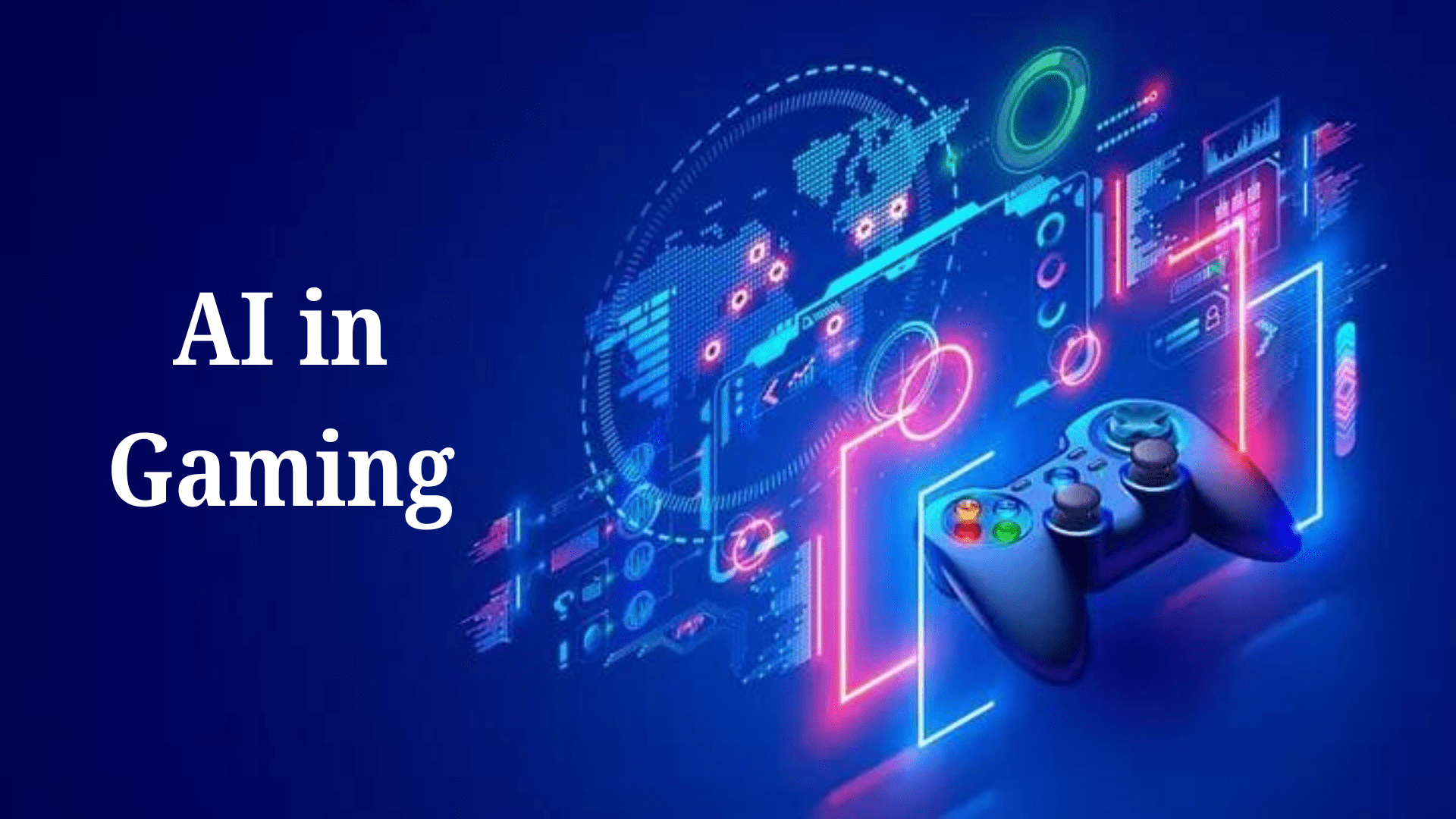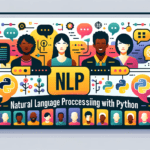Artificial intelligence (AI) has been a fundamental component of the gaming industry for decades, continually evolving to create more immersive and engaging experiences for players. From the early days of simple algorithms controlling characters’ behaviors to today’s advanced machine-learning techniques, AI has played a crucial role in shaping the gaming landscape. Let’s explore how AI changes the gaming industry and its history, current applications, and future potential.
The Evolution of AI in Gaming
In 1949, Claude Shannon developed algorithms to play chess, marking the inception of AI’s relationship with gaming. Over the years, AI in games has evolved from basic rule-based systems to more sophisticated approaches that mimic human behavior and decision-making.
One significant milestone in AI gaming history was the release of Wolfenstein 3D in 1992. Although rudimentary, the game’s Finite State Machine (FSM) algorithm marked a step forward in AI development. It allowed game characters to respond to various in-game situations, laying the groundwork for more complex AI systems in the future.
Current Applications of AI in Gaming
Today, AI is used in various aspects of gaming, enhancing both the gaming experience and business operations. One prominent example is Rockstar’s Red Dead Redemption 2, which features a hyper-realistic open-world environment where non-playable characters react dynamically to player actions. This type of AI aims to create immersive experiences that closely emulate reality, focusing on building realism rather than achieving human-like intelligence.
Moreover, AI-driven procedural generation techniques are increasingly used to create vast and diverse game worlds. Games like Minecraft and No Man’s Sky utilize AI algorithms to generate expansive environments with minimal human intervention, providing players endless exploration opportunities.
AI also plays a crucial role in enhancing player experiences through personalized content delivery. For example, recommendation systems powered by AI analyze player preferences and behavior to suggest games, levels, or in-game purchases tailored to individual players.
AI’s Impact on the Gaming Experience
AI has revolutionized the gaming experience by enabling adaptive and responsive gameplay. The Mind Game, for instance, uses AI to generate dynamic environments and adapt to players’ psychological states, offering unique challenges and experiences tailored to individual players.
Furthermore, AI-powered systems can analyze player behavior and preferences to provide personalized gaming experiences. This level of customization enhances player engagement and immersion, leading to more satisfying gameplay experiences.
In addition to enhancing gameplay, AI in gaming has also contributed to game design and development advancements. AI-driven tools streamline game creation processes, allowing developers to generate content more efficiently and experiment with new gameplay mechanics.
The Future of AI in Gaming
Looking ahead, the future of AI in gaming holds even more promise. Advancements in deep learning and machine learning pave the way for AI systems capable of self-learning and evolving. These technologies have the potential to automate game development processes, create dynamic in-game environments, and craft experiences tailored to individual player preferences.
Moreover, AI-driven innovations such as real-time adaptive difficulty adjustment and dynamic narrative generation will blur the lines between traditional storytelling and player interaction, offering unprecedented immersion and engagement.
Additionally, AI is poised to transform the gaming business landscape. Investors recognize the monetization opportunities presented by AI-powered gaming experiences, leading to increased investment in AI technologies within the industry.
How AI Will Change Game Development
AI can transform game development by significantly enhancing and speeding up various process aspects. Here’s how AI can make a significant impact:
-
Automated World Building And Asset Generation
Crafting expansive 3D game environments and detailed assets can be time-consuming and resource-intensive. AI tools can automate this process by algorithmically generating worlds, textures, models, objects, and other assets. For example, AI systems can analyze real-world data to construct realistic 3D buildings and natural landscapes for an open-world game environment, considering optimal space usage and visual aesthetics. Additionally, AI can generate infinite small 3D object models like furniture, clutter items, plants, and props to densely populate game worlds, freeing developers to focus on higher-level design and creativity.
-
Game Data Analysis And Optimization
AI algorithms can analyze game data such as 3D meshes, textures, and audio files to condense them without sacrificing quality. Compressing data file sizes can significantly improve overall game performance, leading to faster loading times and smoother gameplay. AI can also dynamically adjust in-game resource allocation in real time, ensuring that games utilize available computing power efficiently for optimal operation.
-
Automated Playtesting And Improvement Iteration
Extensive playtesting is essential for identifying game mechanics, balance, and difficulty issues before release. AI simulation tools powered by Machine Learning algorithms can play through games far faster than humans while accurately modelling human behaviour. This enables developers to extensively test games in a fraction of the time it would take with human testers. Moreover, the granular data output from AI playtesting provides comprehensive insights, allowing developers to tune and refine games precisely based on concrete metrics and visualizations. As a result, higher-quality games can be created in shorter timeframes.
Conclusion
In conclusion, AI is revolutionizing the gaming industry by enabling more immersive, dynamic, and personalized experiences for players. From its humble beginnings in simple rule-based algorithms to today’s sophisticated machine-learning techniques, AI has become integral to game development and gameplay. As technology advances, AI’s future in gaming holds endless possibilities, promising to redefine how we play and experience games in the years to come. With AI at its core, the gaming industry is set to continue evolving, offering players unprecedented levels of immersion, engagement, and enjoyment.



